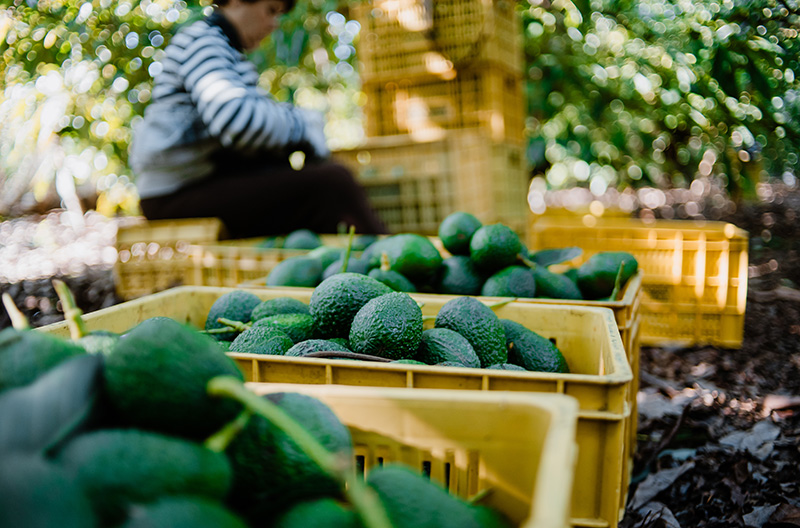Sponsored content

In recent years, avocado oil has surged in popularity. Made from the flesh of the avocado fruit, it boasts a nutritional profile similar to olive oil, but unlike olive oil, it has a mild, almost buttery flavor and a much higher smoke point. These characteristics, combined with recent spikes in olive oil prices, have generated significant interest in avocado oil. With this increased consumer attention has come added regulatory focus. If you’ve heard about the new Codex standards for avocado oil, here’s what you need to know about how these standards could affect products on your shelves.
What is Codex?
The Codex Alimentarius Commission, commonly known as “Codex,” was established in 1963 by the Food and Agriculture Organization (FAO) of the United Nations and the World Health Organization (WHO) to develop international standards, codes and guidelines for food. The aim of Codex is to safeguard consumer health and establish fair practices in the food trade. Work on an avocado oil standard began in 2017 within the Codex Committee on Fats and Oils (CCFO).
What are the CCFO standards for avocado oil?
The CCFO standards seek to establish clear criteria for the physical and chemical properties of avocado oil to protect consumers from adulterated or substandard products and support the growth of the industry. One of the main challenges CCFO faces is the diversity of avocado cultivars and the varying climates in which they are grown, which lead to natural variations in avocado oil composition. The Codex standard must balance inclusivity for this diversity while maintaining specificity to exclude adulterants.
The CCFO standards will detail the chemical composition, including factors such as fatty acid profiles, oleic acid content, free fatty acid content, specific sterol presence, triacylglycerol profiles and tocopherol levels, which are naturally occurring antioxidants. While this may seem complex without a chemistry background, these are just the standards for refined avocado oil. The standards for virgin and extra virgin avocado oils remain under discussion by the CCFO. The takeaway is that avocado oils meeting the new standard will be required to pass stringent testing protocols.
[RELATED: What You Need To Know About 2024’s Olive Oil Production]
When will these standards take effect?
Before taking effect, the standards must be finalized and adopted. A Codex session in Geneva, Switzerland, is set for November, where these standards are on the agenda. Once adopted, the standards take provisional effect, pending approval from the FAO and WHO.
What does this mean for retailers?
During the provisional phase, retailers might notice some uneven application of the standards. However, after ratification by the FAO and WHO, standardization is expected to improve. Some supply chain disruptions may occur as avocado growers and oil producers adapt to the new requirements, but these are projected to be minimal. Importantly, many producers already meet or exceed the proposed standards.
As a retailer, seek partnerships with avocado oil suppliers who conduct rigorous testing and maintain transparency about their standards and testing results. Additionally, follow best practices by selecting oils packaged in dark bottles to minimize oxidation, storing it away from light and heat and adhering to “best before” dates to ensure product freshness.

